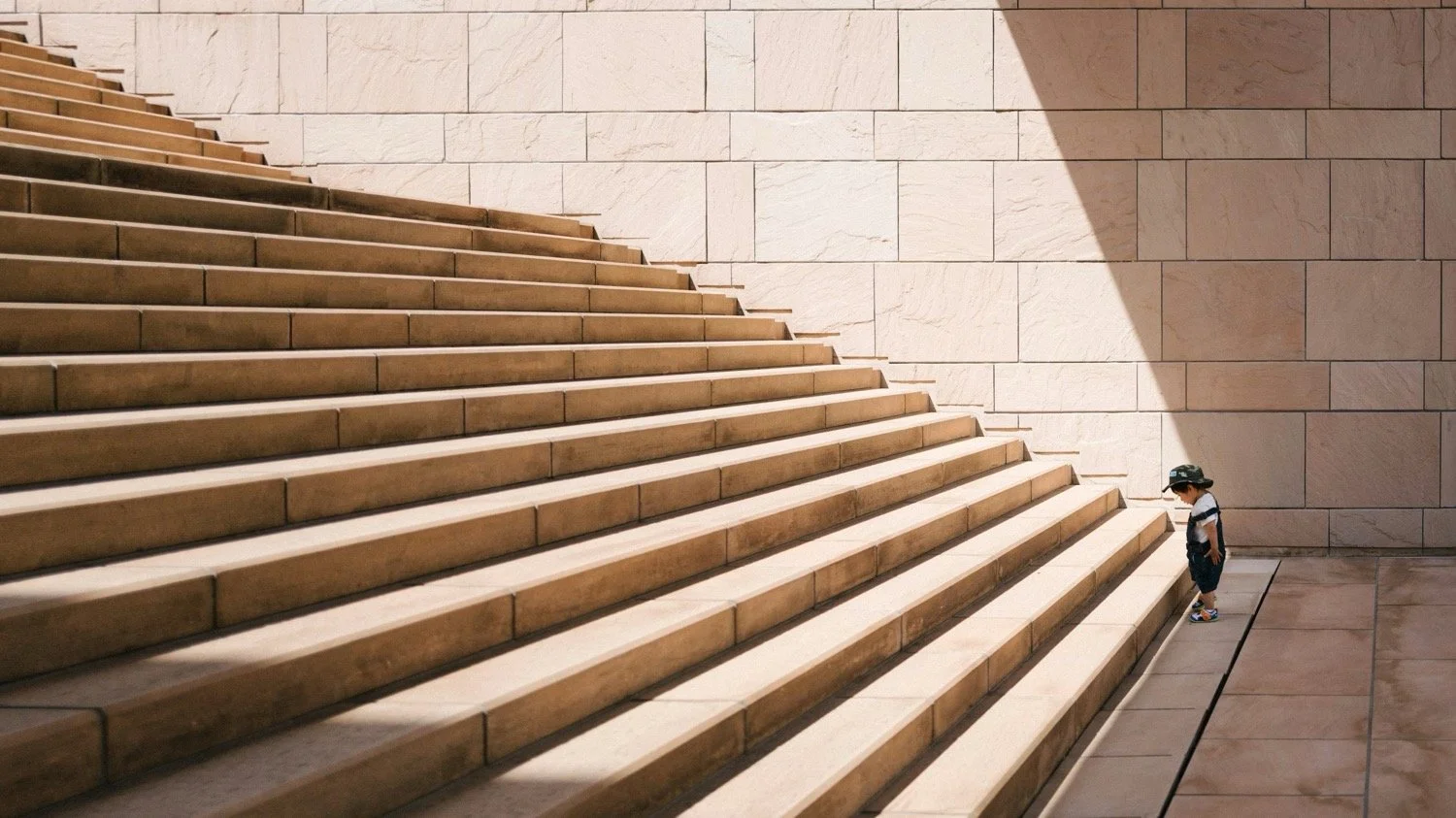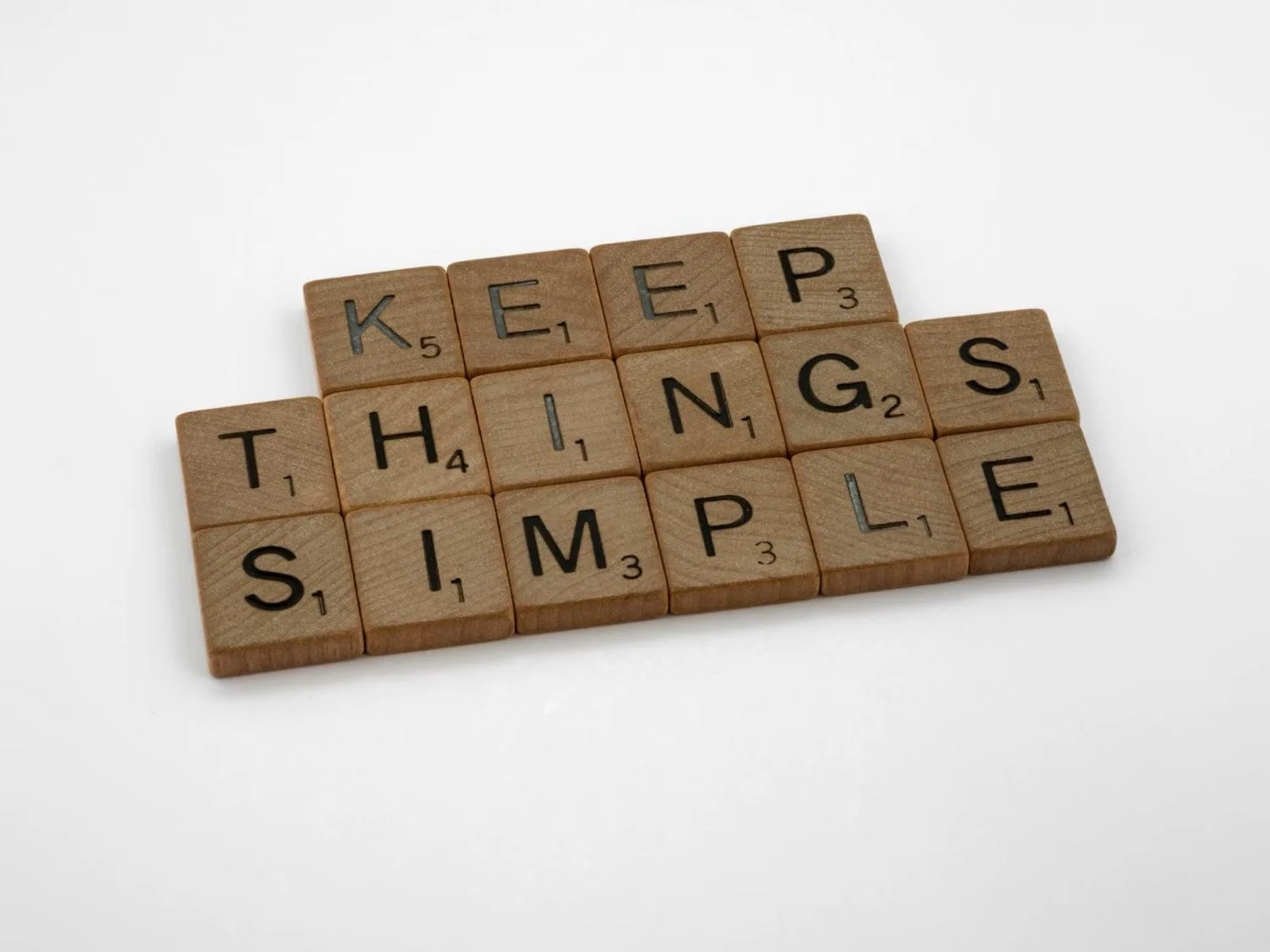Readings for today: Matthew 21-22, Psalms 91
I raised my kids to be independent thinkers. Strong-willed young women and a young man who can make their way in the world. I love how each of them is finding their place and it is a privilege to walk the journey with them. One of the many lessons I’ve tried to teach them is the difference between stewardship and ownership. When we grow up, we don’t own much. Everything from food to clothing to a roof over our heads is provided. Our job is to be good stewards. Clean our rooms. Follow the house rules. Take care of what we’ve been given. Then we get older. We graduate from high school. Become legally responsible. We start to become owners. We get a job. We pay the bills. We buy things like our own cars or cell phones. As a parent, I no longer have much authority over how my child takes care of their home or how much money they spend on gas or the number of apps they download on their phone.
All four Gospels tell the story of Jesus cleansing the Temple and this creates all kinds of confusion and chaos. When Jesus drives out the money-changers and turns over the tables of the loan sharks, the Jewish religious leaders ask Him an important question. “By what authority are you doing these things? Who gave you this authority?” (Matthew 21:23 CSB) In other words, who gave you the right to disrupt the Passover? Who told you to bring in the blind and the lame and begin healing? Will you not put a stop to the praises of the children? Jesus’ reply could not be more clear, My house shall be called a house of prayer but you make it a den of robbers. Jesus is claiming rightful ownership of the Temple. He is making it clear to the religious leaders that their stewardship of the sacred places has come to an end. The rightful owner is now on the scene and He will do with His house as He wills. And what is His will? His house shall be a place of prayer. A hospital for healing. A sanctuary for praise.
Imagine how you would feel if someone lived in your home and trashed the place. I have a good friend who owns a rental house in the Denver area. Several years ago, a tenant used his house to grow weed and cook meth. After going to court to get his tenant evicted, my friend had to gut the house and start over. It cost him thousands of dollars not to mention the time and effort he had to put in to get his house back in working order so it could be rented again. Now put yourself in Jesus’ sandals. The people you’ve entrusted your home to have trashed the place. They have turned it into a den of robbers. Exploiting the pilgrims who come for Passover each year. They make hefty profits by price gouging the people, especially the poor. So He makes a whip of cords and drives them out. He turns over the tables and throws them out. Do you understand now why Jesus is so upset? Zeal for His own home has consumed Him and He will do whatever it takes to restore His house to it’s former glory.
Now let me give you an even more radical take. Jesus doesn’t just assert His authority over His house, He asserts it over all of creation with the fig tree. Not only that but He tells His disciples that if they have faith and embrace the Kingdom life, they will be able to operate with His authority in the world. They will be able to do to the fig tree what Jesus did! Why? They are no longer tenants in God’s Kingdom but sons and daughters! In a sense, we’ve been given an “ownership” stake in all of creation and God expects us to exercise dominion and authority and responsibility in His name and for His glory.
Readings for tomorrow: Matthew 23-24, Psalms 92




